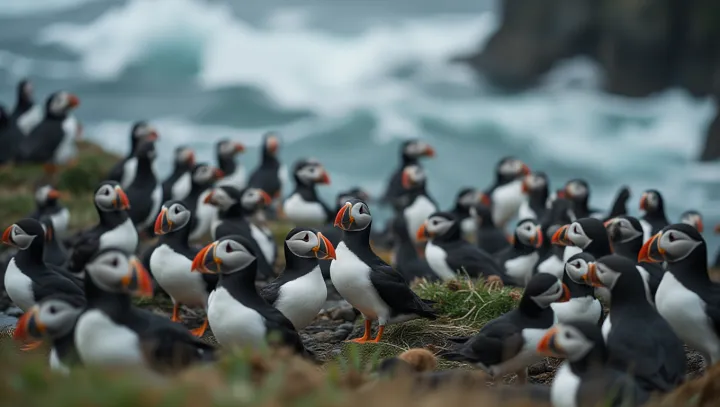Secrets Behind Puffin Fishing Dynamics

The enigmatic practice of puffin fishing along the windswept shores of Scotland has unexpectedly revealed a spectrum of ecological and communal effects. This phenomenon, entrenched in local culture, carries the weight of both environmental preservation and economic sustenance. In recent studies conducted by the University of Edinburgh, the intricate relation between puffin fishing activities and the stability of marine ecosystems becomes evident.
As noted by Dr. Eleanor Ridge, lead researcher, 'These seabirds, captivating in their vibrant plumage, are instrumental in the broader ecological web, influencing fish populations and subsequently, local maritime traditions.' However, the current global shifts in climate patterns and human interventions pose significant challenges to these traditions. With decreasing fish stocks, small fishing communities face arduous decisions balancing tradition with survival.
'It is imperative,' Dr. Ridge emphasizes, 'to pursue sustainable fishing practices to safeguard both our natural and cultural heritage.' The discourse surrounding puffin fishing is not merely ecological but extends to a societal introspection on heritage conservation, striking a chord with conservationists and policymakers alike. As the dialogue unfolds, Scotland stands as a testament to the continual dance between nature and human legacy.
